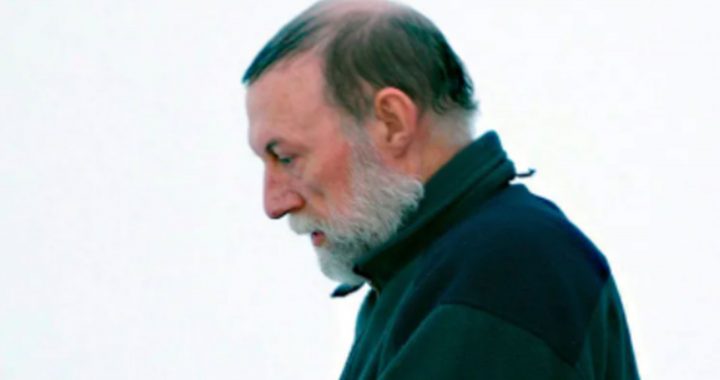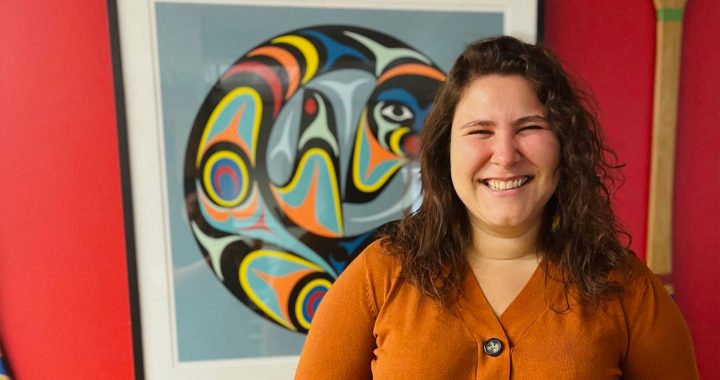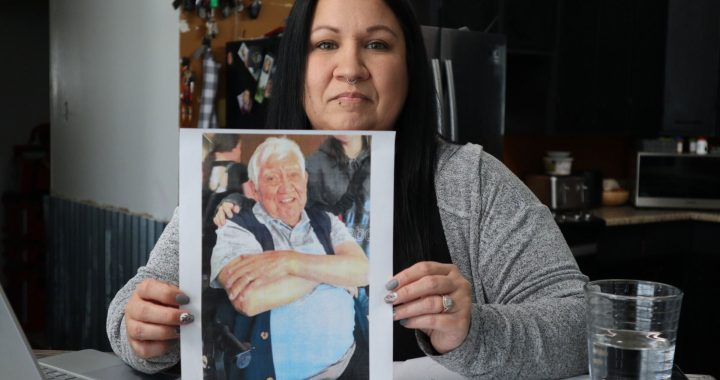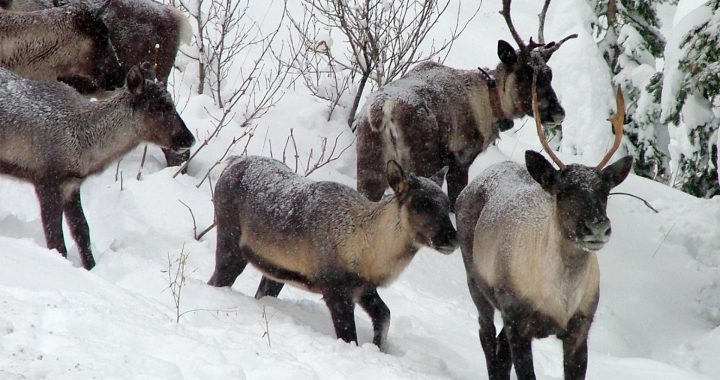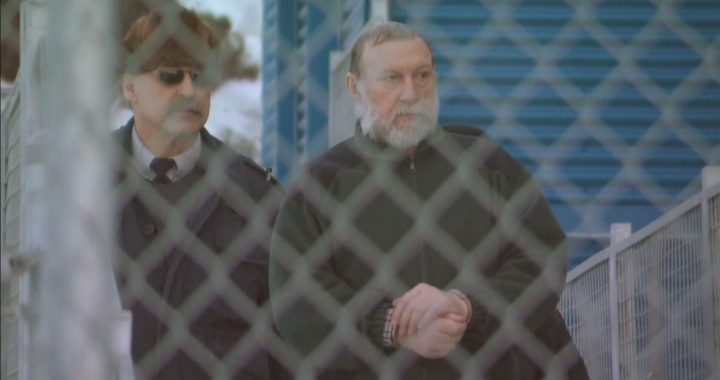Days after millions took to the streets to demand political action on climate change, world leaders met at the United Nations in New York City to ramp up efforts to meet strict carbon reduction targets laid out by climate scientists.
But the holders of ancient knowledge many regard as a fundamental piece to a global solution on climate change were largely absent.
Just one Indigenous leader was permitted to speak at the summit Monday, and he was only given two minutes.
Tuntiak Katan from the Shuar people of Ecuador told world leaders Indigenous peoples around the world would make three commitments to addressing the climate emergency.
Those included leading “the implementation of holistic plans to protect biocultural diversity,” developing actions to secure Indigenous peoples’ “rights to lands, territories and resources, self-determination and free, prior and informed consent (FPIC),” and to “access the development of renewable energies” in accordance with self-determination and FPIC,” Katan told world leaders Monday.
Indigenous delegates who attended the summit said Indigenous peoples were not meaningfully engaged or included, despite stewarding the vast majority of the world’s biodiversity in their traditional territories, and despite having unique solutions rooted in ancient knowledge.
Eriel Deranger of Indigenous Climate Action said the U.N.’s limited inclusion of Indigenous leadership is “tokenistic,” and that there has been no “substantive Indigenous rights integration or Indigenous peoples integrated into the systems.”
At one point on Monday Chief Raoni Metuktire of the Kayapo people in the Brazilian Amazon—a revered leader—showed up at the summit but was turned away by security.
Leila Salazar-Lopez of Amazon Watch saw Metuktire be denied access.
“The forests and the lives, and the rights and the territories of Indigenous peoples are under attack. And it is not an exaggeration to say there is a genocide being committed on Indigenous peoples right now,” she told APTN News.
On Saturday youth from around the world gathered at the U.N. for the first-ever Youth Climate Summit ahead of Monday’s event.
They said they were segregated from the day’s events, which featured youth proposing solutions to address the climate crisis.
“There wasn’t really much dialogue at all about incorporating Indigenous peoples or even having us represent ourselves at this forum,” said Julia Faye Munoz, who is Chimorio from Guam and the Greater Mariana Islands.
Indigenous youth were excluded from sessions Saturday, but given their own event, which was poorly attended, Munoz explained.
Makasa Looking Horse was invited to open the youth summit with a blessing.
The 25-year-old leader is Lakota and Mohawk from Six Nations. She is the daughter of Chief Arvol Looking Horse, the 19th generation keeper of the Sacred White Buffalo Calf Woman pipe.
“I did not come here to play, or this isn’t for show,” she said, holding the pipe ahead of her prayer.
Looking Horse told youth delegates that the White Buffalo Calf Woman “declared we treat all of creation with respect to honour our mother,” adding “she warned my people of the time we are in today, and that she would return to help us as a white buffalo calf.”
She said that prophesy has begun.
“I will honour her today for asking, honour her today for her blessing to guide us, the seventh generation.”
Beyond the blessing, the Indigenous youth felt excluded from the summit and left feeling dejected, they said.
“They need to provide space and get Indigenous people there in those spaces to truly make a difference, I think, because we already have the knowledge, we already know what we’re doing. We know what we want,” Looking Horse told APTN.
“There was a disconnect,” she said, adding the global youth and Indigenous youth were “both talking about the same thing, and we’re in two different rooms. And I think that speaks volumes about how this topic is treated regarding Indigenous people.”
Global Indigenous Youth Caucus Co-chair Victor Lopez-Carmen said many Indigenous youth “lack hope, because they can’t see a future for themselves in their traditional lands.
“They feel their culture’s being ripped from them by settler states…who don’t care about the land or the Earth. And that’s really tough for Indigenous youth. But we have the strength of our elders and our ancestors pushing us, and we know that with their guidance we’ll be able to carry this fight forward.”
Liberal leader Justin Trudeau did not attend the summit due to Canada’s election period being underway.
But on Monday Green Party leader Elizabeth May issued a statement condemning Canada’s absence, saying she proposed during an emergency climate change debate in the House of Commons in June that the federal party leaders attend together and strengthen Canada’s commitment to cutting carbon emissions.
“It would be unprecedented,” she said, “but this crisis demands that we move beyond the status quo.”
May said none of the party leaders responded to her proposal.
Global Affairs Canada confirmed Monday that Canada’s Ambassador for Climate Change, Patricia Fuller, attended the summit on Monday, but a spokesperson told APTN they “politely decline your request for [an] interview at this time.”
On Monday morning Swedish youth climate activist Greta Thunberg addressed leaders, scolding them for their inadequate responses to the crisis.
“You have stolen my dreams and my childhood with your empty words,” she said in a powerful speech. “And yet I’m one of the lucky ones. People are suffering. People are dying. Entire ecosystems are collapsing. We are in the beginning of a mass extinction, and all you can talk about is money and fairy tales of eternal economic growth. How dare you.”
U.N. Secretary General Antonio Guterres, who convened the summit ahead of December’s global climate summit in Chile, also reprimanded world leaders.
“Nature is angry,” he said. “And we fool ourselves if we think we can fool nature, because nature always strikes back, and around the world nature is striking back with fury.”
The #FridaysForFuture school strike started by Thunberg last year in Sweden has grown into a worldwide movement.
Last Friday students in towns and cities across Canada and around the world skipped school to protest their governments’ inaction.
On Sept. 27 Thunberg will join students in Montreal for another school strike global day of action.
Looking Horse said she valued the time she was given to open the youth summit with a blessing, but said knowledge like the teachings of the White Buffalo Calf Woman pipe will not be heard if Indigenous peoples aren’t meaningfully included in plans for climate action.
“The message that the White Buffalo Calf Woman gave us was to always work in unity and keep praying together with our bundles, our pipes, because that’s the only way that we will get through the tough times that are coming,” she said.




